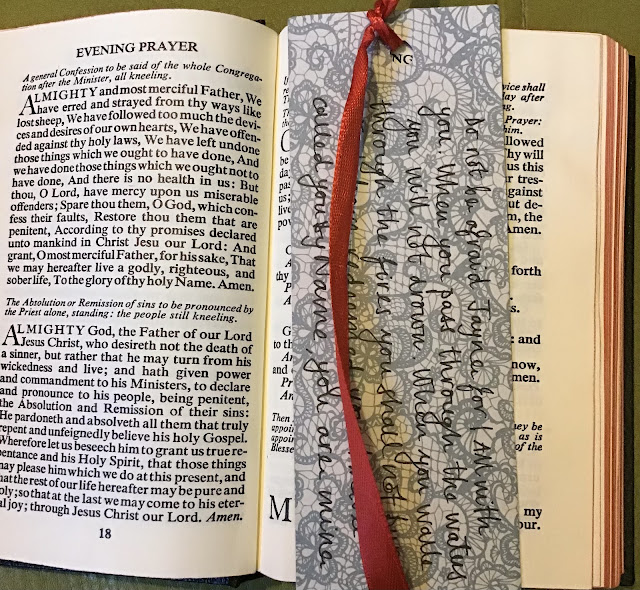A short talk on Song of Songs for Racial Justice Sunday
A short talk on Song of Songs 8:5-7 for Racial Justice Sunday, delivered online to the staff and students of the Queens Foundation on February 13th, 2021.
I wonder how many people here had this Song of Songs reading at their wedding? It’s a popular reading because it speaks so beautifully of romantic love.
Song of Songs is known for its erotic imagery and its celebration of Eros – not the Greek God of love, but the concept of love and desire. The Song is set in Jerusalem in the Springtime and features two lovers and their experiences of love as the most powerful of human pleasures.
Now, two points before I say anything else: Firstly, this is not going to be a talk about sex. Some of us are Anglicans and we don’t do that. I don’t know about you raunchy Methodists. Sex is but one expression of love and that’s not what I want to talk about.
Secondly, after a full day of study no one wants complicated exegesis. So while I would love to talk about the literary merits of the Song; all its recurring motifs and what it teaches us about fulfilment and mutual praise, I’m guessing that might be too hermeneutically challenging after a full day on zoom. So I looked at this piece of scripture and I asked myself: I wonder what people want to hear? What words can I offer to my fellow classmates that will be palatable to them after a very long day?
And then I thought: context of zoom notwithstanding, is “what do people want to hear?” ever a good question to ask of scripture?
Our theme for worship this weekend is love, and at first that made me want to offer a word to you all about how important it is to love one another and it would have been cuddly and comfortable and sickly and pointless. We already know that we’re meant to love one another. We’re Christians. The problem we have, is that we don’t always know what authentic Christian love looks like.
It’s not just Valentine’s Day tomorrow. More importantly, it’s Racial Justice Sunday. When I read this gorgeous passage of love the line that jumps out at me is this: For love is strong as death. Its flashes are flashes of fire, a raging flame.
This speaks to me of something far more powerful and transformative than romantic love. I’m reminded of the prophet Jeremiah who said “within me there is something like a burning fire, shut up in my bones. I am weary of holding it in, and I cannot.”
Let’s consider then what love as holy, prophetic raging fire looks like: It is love that refuses to be polite and well behaved just to preserve a status quo that hurts those who are deemed to fall outside the norm. It redefines. It strips back. It breaks down borders. It commands attention. It knocks on the doors of social etiquette and demands entry. It is not silent. It is not complicit. It burns in our hearts.
If we love as God loves then how can we look upon injustice, oppression, hunger, poverty, corruption and evil and not feel love like flashes of fire, a raging flame?
In short: If we are not angry at all the ways this world fails to live up to God’s glory, are we even paying attention?
Young black theologian Jarel Robinson Brown writes: Sometimes, rage is the only thing that gets the rich to notice the poor, the white to notice the black, the straight to notice the gay – and to stop and think: “why are they so angry and why does this rage appear to involve me?”[1]
Love one another, as I have loved you, Jesus said. But this love must surely be one which asks hard questions. Which does not coddle or sugar-coat for propriety’s sake. It is not a lukewarm, insipid love that can be washed easily away. It is a love that takes risks and challenges when it needs to. A love that listens to the lost and the least and says: I hear you. I want to understand. I stand beside you. Let’s do this thing together.
Tomorrow, as we reflect and pray about the role we have to play in working towards racial justice, I want us to consider what it means to minister in a majority white country, which is sick with racism. Some of you don’t need this reminder because you live with the consequences of racism every day, whilst I, a white woman, have the privilege to ignore it if I so choose because structurally it doesn’t affect me. It is a sickness that will not be healed by a tepid, weak remedy. The cure will be uncomfortable. Above all I want us to ask ourselves when we preach and when we talk of God and God’s kingdom: are we giving people a message burning with the raging fire of God’s love, or are we just telling them what they want to hear?
Amen.
[1] Brown. Robinson, J. Extract from a podcast, published in The Church Times: “Can rage be Holy?” February 4th 2020 https://www.churchtimes.co.uk/articles/2021/5-february/features/features/can-rage-be-holy




Comments
Post a Comment